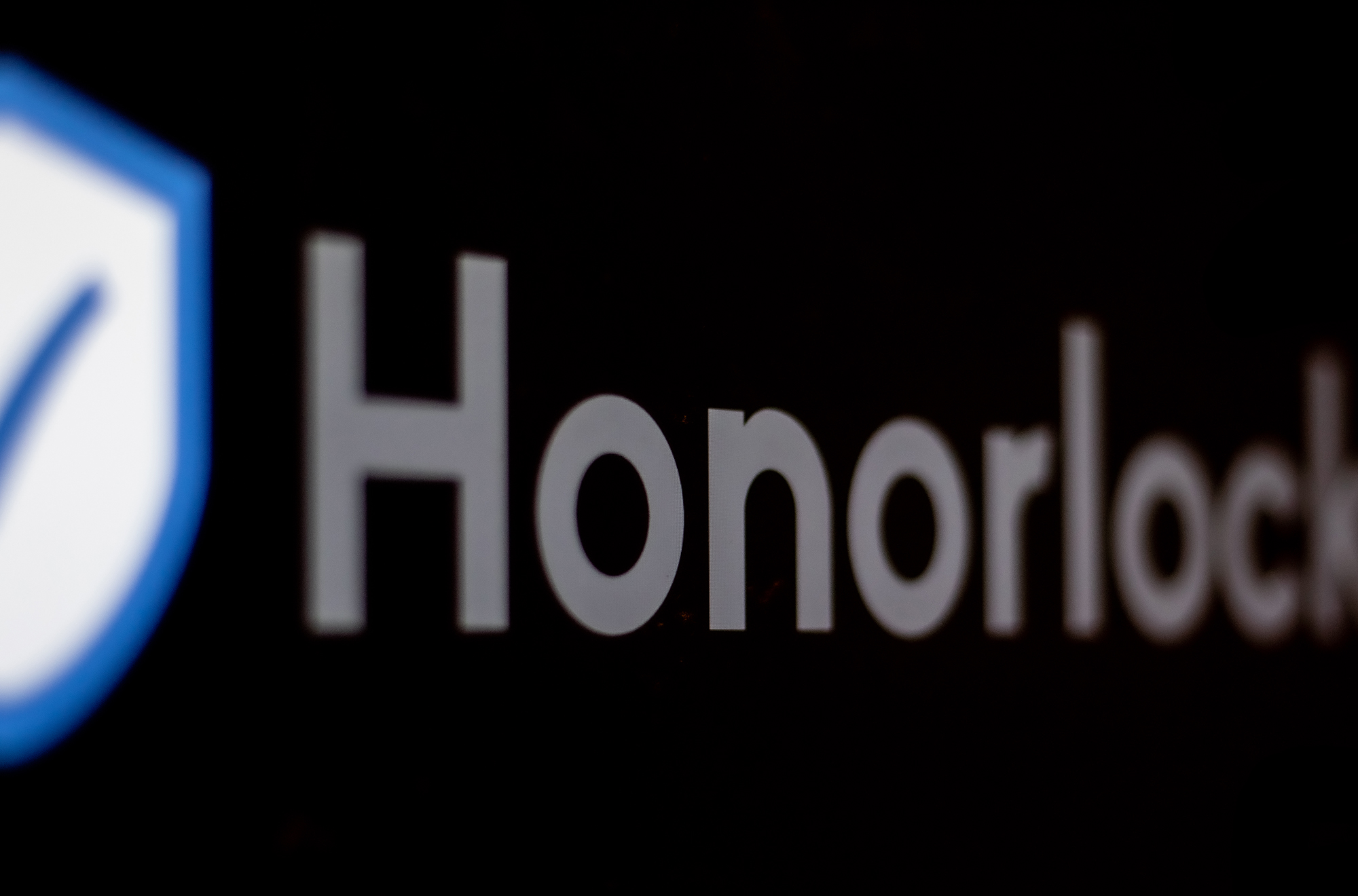Views expressed in opinion columns are the author’s own.
With the first few weeks of classes behind us, many students are preparing for one of the most stressful and dreaded times of every semester: midterm exams.
For many students, studying, note-taking, lecture-watching and stressing are the only things they have time for during midterm season (if they are looking to score well, of course). And even with hours of preparation, exam grades can still end up being less than ideal.
Normally, most exams are proctored in a lecture hall where either the professor or teaching assistants are present to respond to questions and watch over students. But, like most things during the coronavirus pandemic, exams have been adapted for an online setting. While some students are left alone to do their exams, not all have been so lucky.
Some university classes have asked students to install a lockdown browser, a specialized browser that prohibits users from accessing any page, function or other application during an assessment. Other classes require students to install Honorlock, a Chrome extension that goes so far as to record students by camera and microphone. It can even detect when a student’s mobile device is in the room.
Some professors see this as the surest way to maintain academic integrity. But this is a massive invasion of privacy that adds a new layer of anxiety to an already doubly stressful coronavirus exam period.
With the semester mostly online, many students are taking their classes from the comfort of their home, a location meant to be a safe space where a student’s privacy is protected. However, Honorlock requires students to have cameras and microphones turned on for the entirety of their assessment, recording every move the student makes and alerting the professor of any computer-detected suspicion, whether warranted or not.
Requiring students to use browsers that monitor your every eye-glance, twitch and breath puts a new pressure on the student to remain stiff as a board while also working diligently through the presented problems.
Invasive privacy violations during an already uncomfortable exam can be incredibly damaging to students’ well-being — and their test scores. With these technologies, the student’s focus often moves away from exam material and onto the fear of being wrongfully identified by the system as a cheater. And students who normally mouth questions to themselves, use scratch paper or even stretch for a moment off-screen now run the risk of being reported to the university or facing disciplinary action.
Professors who are so worried about maintaining academic integrity should reprioritize — is unfairly policing students in the name of academic integrity more important than fostering a productive learning environment, especially when the world is anything but productive?
To eliminate this anxiety for both students and professors, exams should be open-note, where students are encouraged to use their lecture notes and resources. Online school is hard as it is; students will still need to prepare diligently, review lecture material and work hard, even when notes are allowed. And at least then, they can do so without the fear of being flagged and reported for yawning or checking the time on their phone.
Gabriella Kurczeski is a junior English and psychology major. She can be reached at gkurczes@terpmail.umd.edu.



